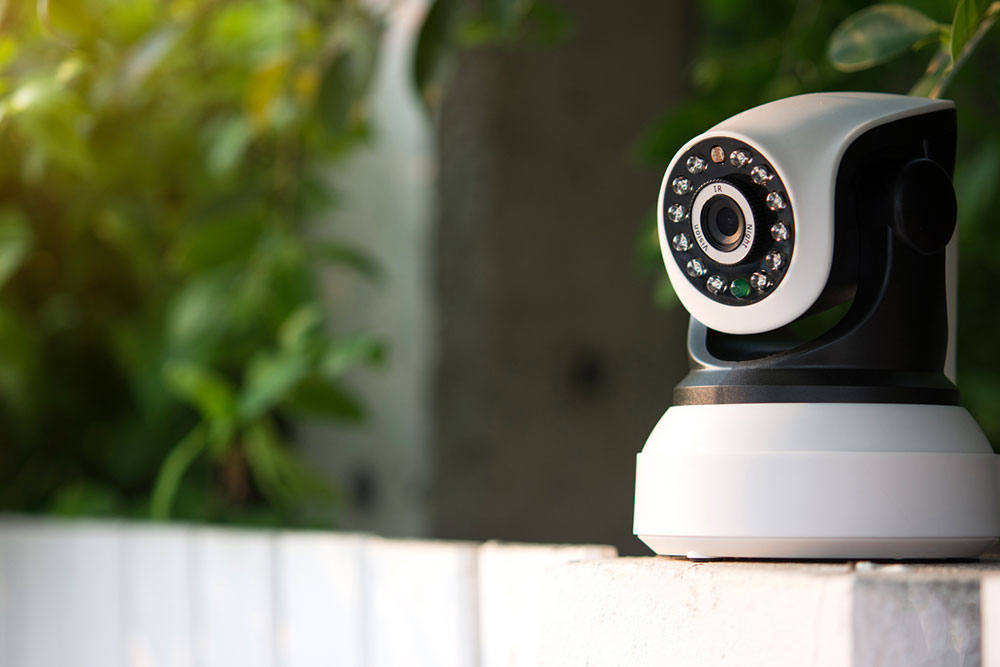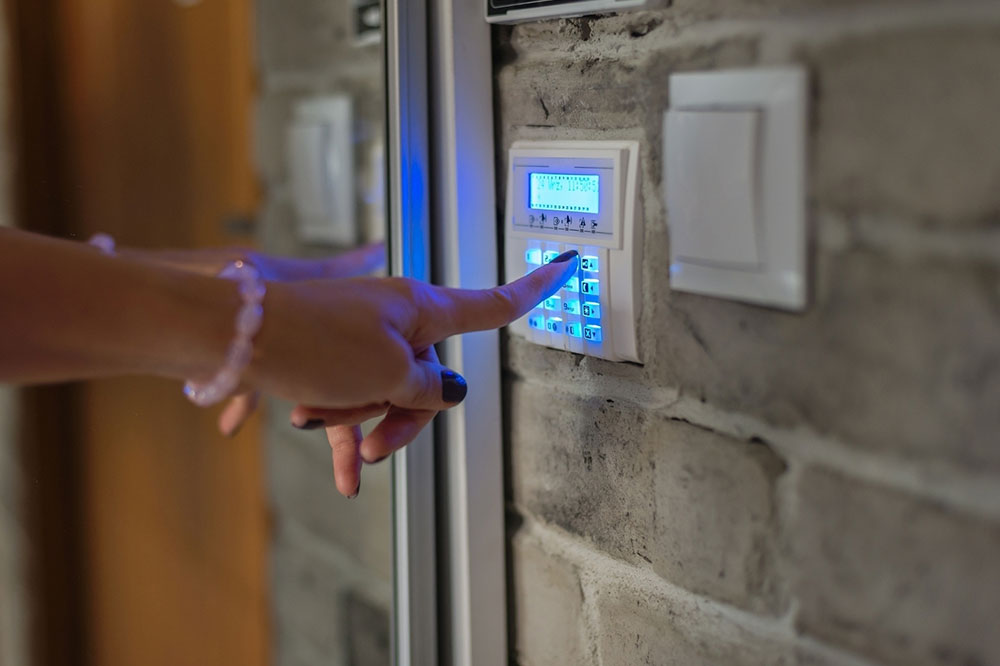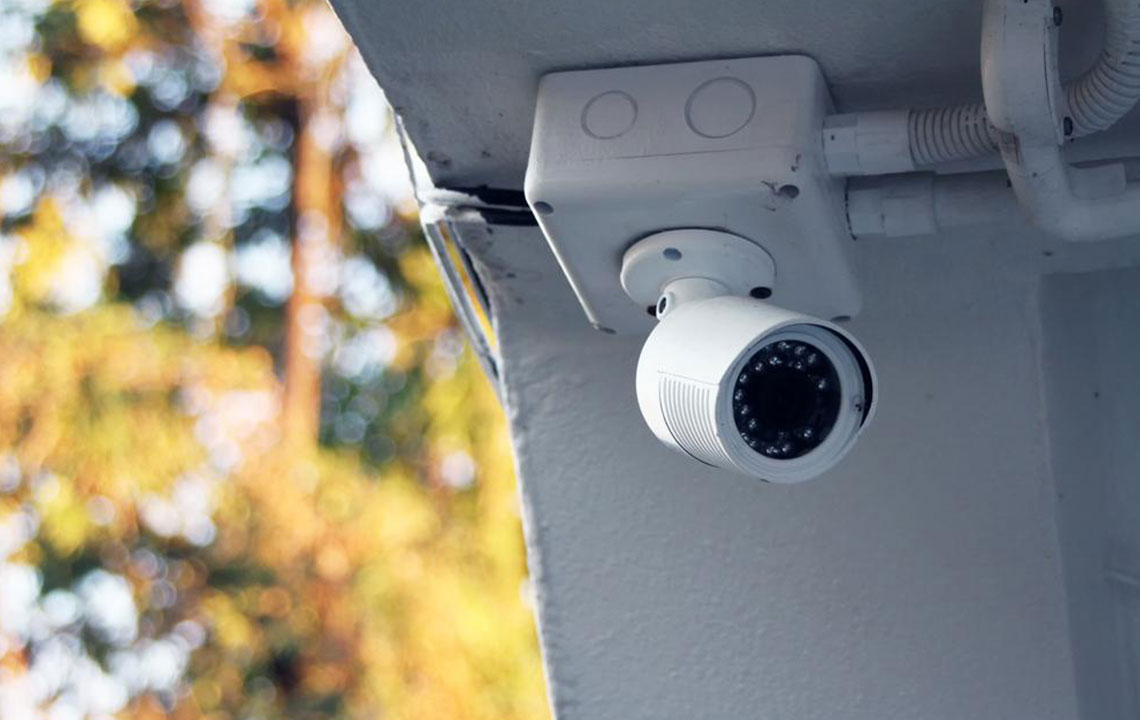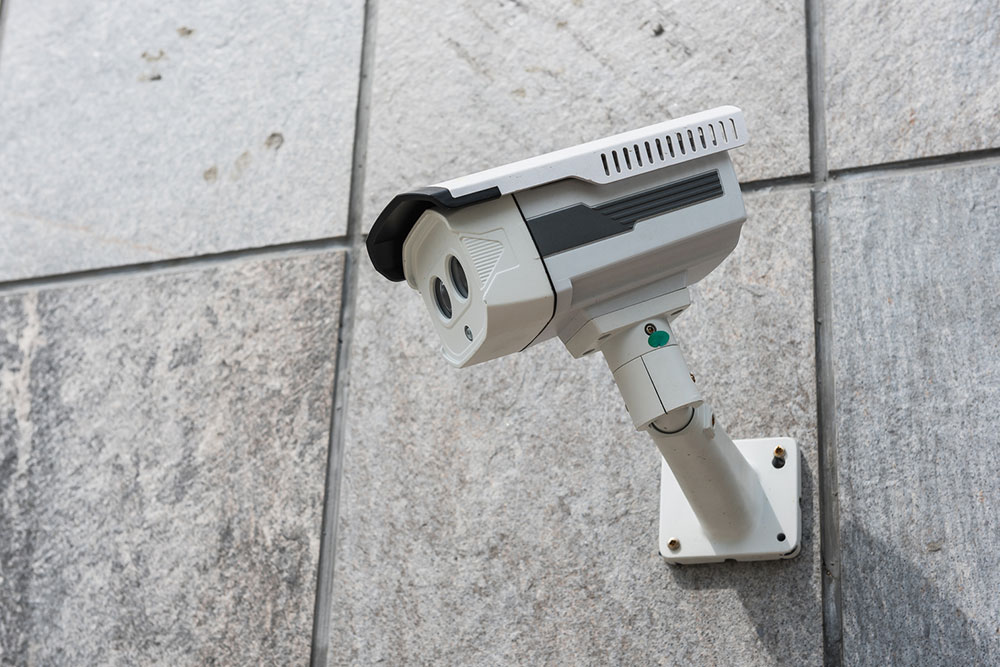Comprehensive Guide to Business Security Systems: Benefits, Limitations, and Best Practices
This comprehensive guide explores the benefits and limitations of modern business security systems. From 24/7 surveillance and crime deterrence to advanced remote monitoring and emergency detection, learn how these solutions protect your assets. Understand challenges like costs, false alarms, and maintenance to make informed security investments tailored to your business needs. Stay ahead with insights into choosing the right security technology for a safer, more secure business environment.

Comprehensive Guide to Business Security Systems: Benefits, Limitations, and Best Practices
In today’s competitive and often unpredictable business environment, ensuring the safety and security of your commercial property is more crucial than ever. Businesses, whether small startups or large corporations, invest heavily in security solutions aimed at protecting assets, safeguarding employee safety, and maintaining operational continuity. Advanced business security systems have evolved significantly, offering sophisticated features that provide round-the-clock protection and real-time monitoring. However, like any investment, these solutions come with their advantages and limitations. Understanding both is essential for making informed decisions that align with your company's specific needs and budget.
The Advantages of Business Security Systems
Continuous 24/7 Surveillance: One of the primary benefits of commercial security systems is their ability to provide uninterrupted monitoring of your business premises. Since constant manual oversight is impractical, these systems act as vigilant guards, alerting owners and security personnel immediately when unauthorized access or suspicious activity is detected. This constant surveillance significantly reduces the risk of theft, vandalism, and other security threats, providing peace of mind to business owners.
Effective Crime Deterrence: The physical presence of surveillance cameras, alarms, and visible signage indicating security measures serve as powerful deterrents to potential intruders. Criminals are often discouraged from attempting break-ins or theft, knowing that their actions are likely to be recorded and that the establishment is well-protected. This preventive aspect not only reduces crime rates but also lowers insurance premiums for businesses that implement comprehensive security measures.
Reliable and Flexible Operating Modes: Modern security systems are designed with flexibility in mind. Whether they are wired or wireless, they can operate reliably thanks to battery backups or direct electrical connections. Wireless systems, in particular, offer ease of installation and easy reconfiguration, making them ideal for businesses that may relocate or expand in the future. Moreover, these systems can be integrated with existing security infrastructure, enhancing overall surveillance efficiency.
Ease of Relocation and Scalability: Security solutions can be easily disconnected and reinstalled at new locations, offering unparalleled flexibility especially for mobile businesses or those planning expansion. Scalability is another advantage, as additional sensors or cameras can be added as the business grows without significant overhaul or disruption.
Advanced Monitoring and Emergency Detection: Today’s security systems are not limited to cameras and alarms. Many incorporate sophisticated features such as remote monitoring via smartphones or computers, allowing business owners and security teams to oversee premises from anywhere in the world. Additionally, integrated sensors can detect smoke, fire, gas leaks, floods, or other emergencies, sending instant alerts to ensure rapid response, thereby minimizing potential damages or injuries.
The Limitations of Business Security Systems
False Alarms and System Glitches: Despite technological advancements, security systems are not immune to inaccuracies. False alarms may occur due to employee activity, technical malfunctions, or environmental factors. Frequent false alarms can lead to complacency or miss actual threats, reducing the system’s overall effectiveness.
High Initial and Ongoing Costs: Implementing a robust security infrastructure can be a significant investment. Costs include purchasing equipment such as cameras, sensors, alarms, and control panels, as well as installation fees. Additionally, ongoing expenses like monitoring services, maintenance, and software updates must be considered, which can add up over time especially for small businesses.
Privacy Considerations: Surveillance systems can raise privacy concerns among employees and visitors. It’s essential to ensure compliance with legal regulations regarding surveillance and to clearly communicate security policies to avoid misunderstandings or legal issues.
Dependence on Technology: Despite the reliability of modern systems, technical failures can occur due to power outages, network disruptions, or hacking attempts. Having backup plans and cybersecurity measures in place is vital to ensure continuous protection.
Maintenance and Upkeep: Regular maintenance is necessary to keep security systems functioning optimally. Neglecting updates or repairs can create vulnerabilities that intruders may exploit.
Getting the balance right between robust protection and practical considerations requires careful planning. It’s advisable for business owners to conduct comprehensive risk assessments, consult security professionals, and choose tailored solutions that meet their specific security needs without overstretching their budgets.
In conclusion, modern approach to business security involves leveraging technology to create safer environments for employees, clients, and assets. While the benefits are compelling, it’s equally crucial to understand limitations and implement ongoing management strategies to maximize system effectiveness. Investing in the right security measures not only protects your business assets but also enhances your company’s reputation as a responsible and security-conscious enterprise.





